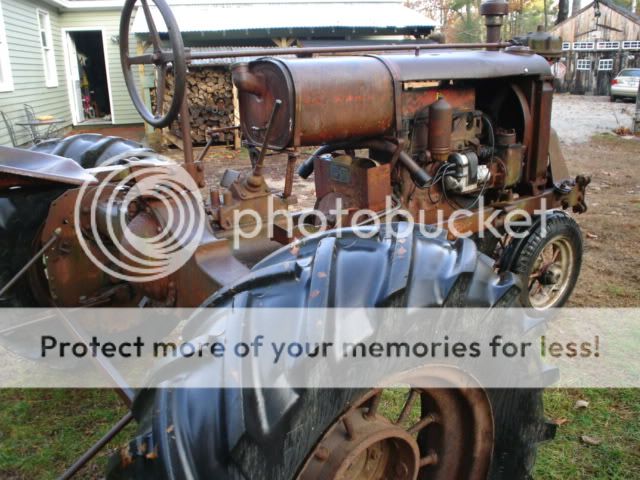I "think" I finally have all the bugs worked out of my F20. I fixed my block that was weeping & I fixed my fuel flow problem (clogged filter). Now, someone told me I "have" to run a lead addative to my fuel or I'll damage my valves? Is this true? I was told by others that the lead addatives causes modern fuel to spoil more rapidly. Second question is the oil, I plan on using it in the upcoming Wells Maine Christmas Parade on Dec 14th, I run straight 30W oil in all my other tractors, but, can I run a 10-30W in this one to make hand cranking easier in feezing temps? BTW, this should be funny, everyone else (including my son on a 49 Super A) will be running a restored tractor, I'll be the only one driving down the center of town on a hand-crank-71yr old rusty tractor!

http://i464.photobucket.com/albums/rr4/kennebunksawmill/DSC03679.jpg

http://i464.photobucket.com/albums/rr4/kennebunksawmill/DSC03679.jpg

